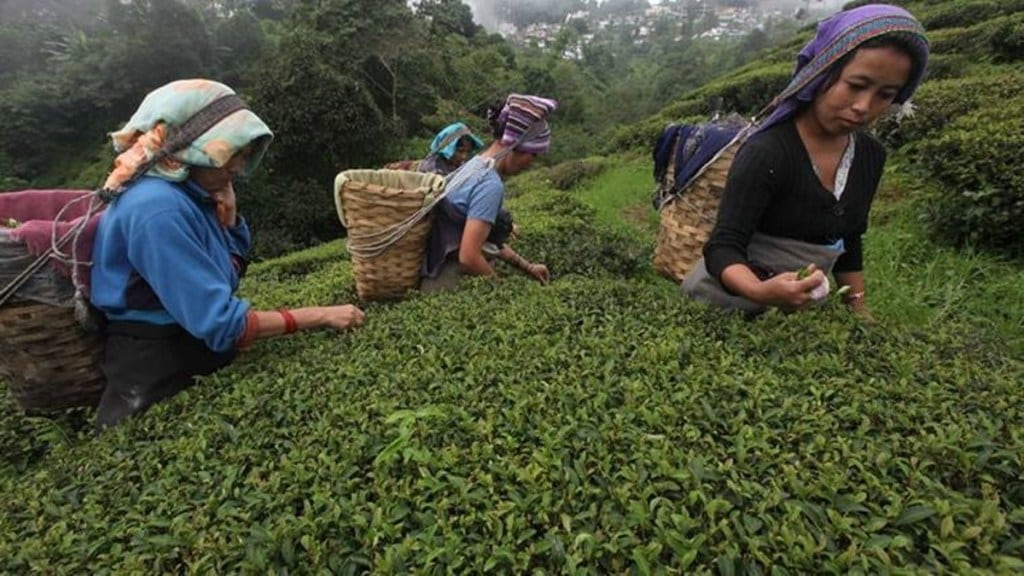Darjeeling tea planters have reiterated their demand for a minimum import price (MIP) for tea imported from Nepal.
The Indian Tea Exporters Association (ITEA) had in January suggested to commerce and industry minister Piyush Goyal that an MIP be implemented for tea from Nepal as the cheap imports have been depressing Darjeeling tea prices in the domestic market and causing huge losses to the planters. The ministry of commerce and industry had subsequently invited comments from the tea industry and associations on such a proposal.
“We welcomed the initiative of the ministry of commerce. An MIP will prevent dumping of cheap duty-free tea from Nepal. This measure will support Darjeeling tea industry and its stakeholders. It will also boost exports of genuine Darjeeling tea and prevent passing off of (Nepalese tea as) a geographical identification (GI) tag product,” Indian Tea Exporters Association chairman Anshuman Kanoria told FE.
ITEA has not yet received a reply or seen follow-up action from the ministry. “We are reiterating our demands for imposing a minimum import price so that the dumping of cheap tea from Nepal stops,” Kanoria said.
Darjeeling tea was the first product to get a GI tag in India. In the domestic market, the aromatic tea is facing competition from varieties grown in Nepal, which costs up to 50% less than the Darjeeling tea.
ITEA has also requested the government that all imported tea be sold via a dedicated Tea Board auction platform so that price verification and FSSAI compliance can be monitored. “An immediate, one-time cash subsidy is required to give a lifeline to Darjeeling tea,” Kanoria added.
Europe and Japan are the two large overseas markets for this premium tea. The market in the EU is currently “soft” because of the Russia-Ukraine war. According to Kanoria, the EU’s “unrealistic food safety rules” are also affecting exports.
Quantity offtake this year is also low in Japan, primarily due to a weak yen. There is a lot of price pressure, he said.
For the last five to eight years, Darjeeling tea exports have remained stagnant between 3-3.5 million kg annually. Nearly half the annual produce of Darjeeling tea is usually exported.
The Darjeeling tea industry has been witnessing a gradual fall in production for more than a decad, owing to climate change, labour issues and lower productivity and profitability, according to industry insiders. Facing financial crises, many planters have sold gardens in recent years.

